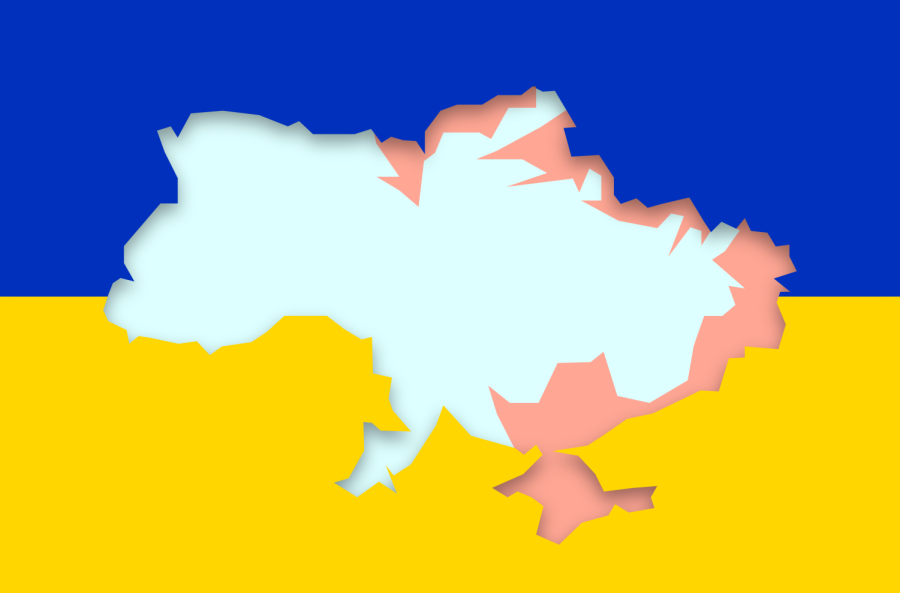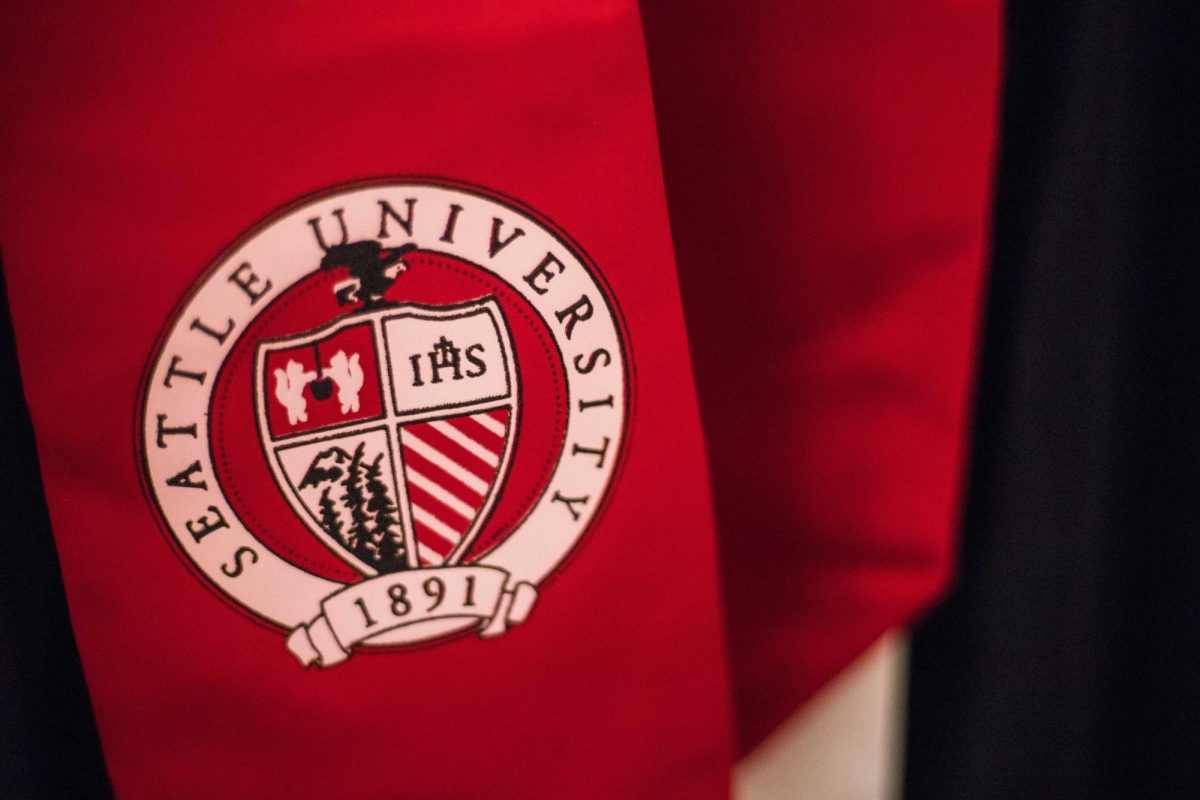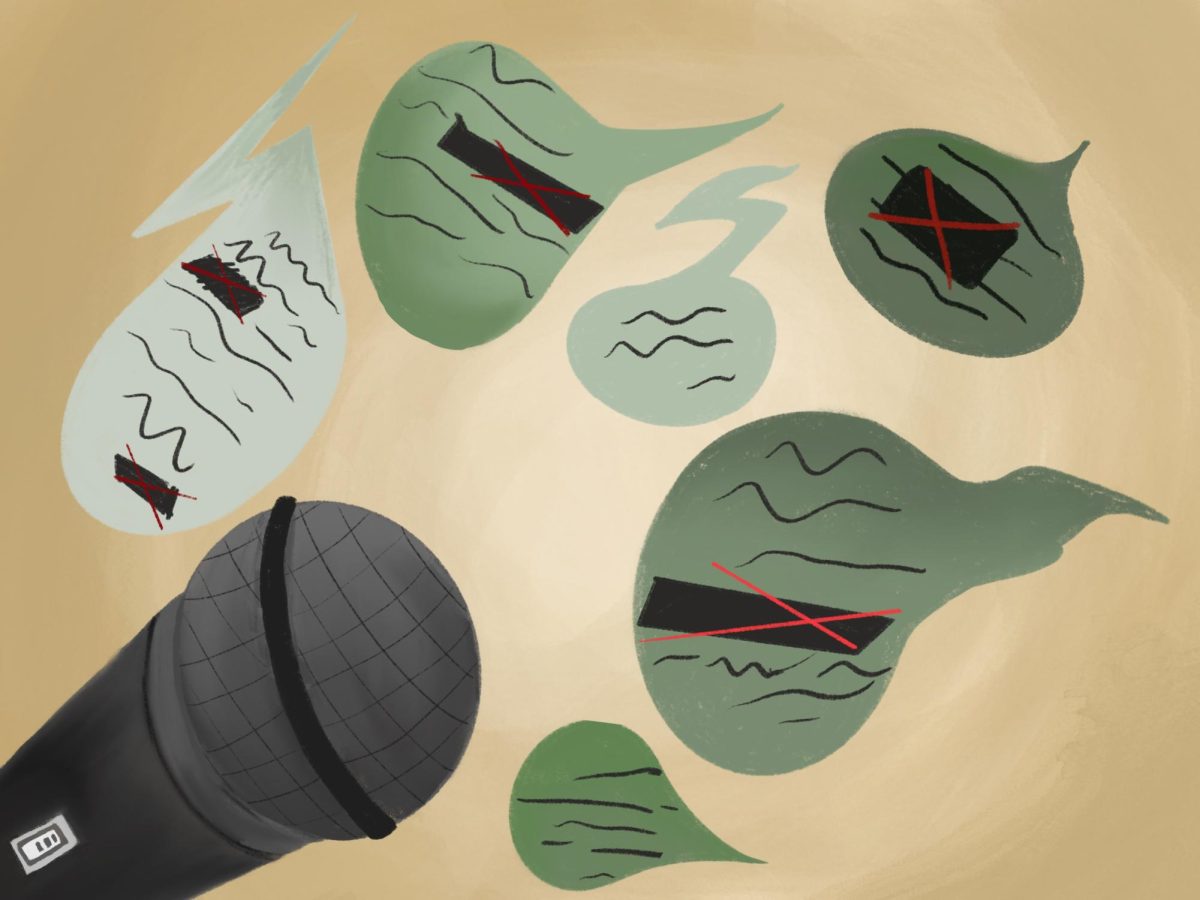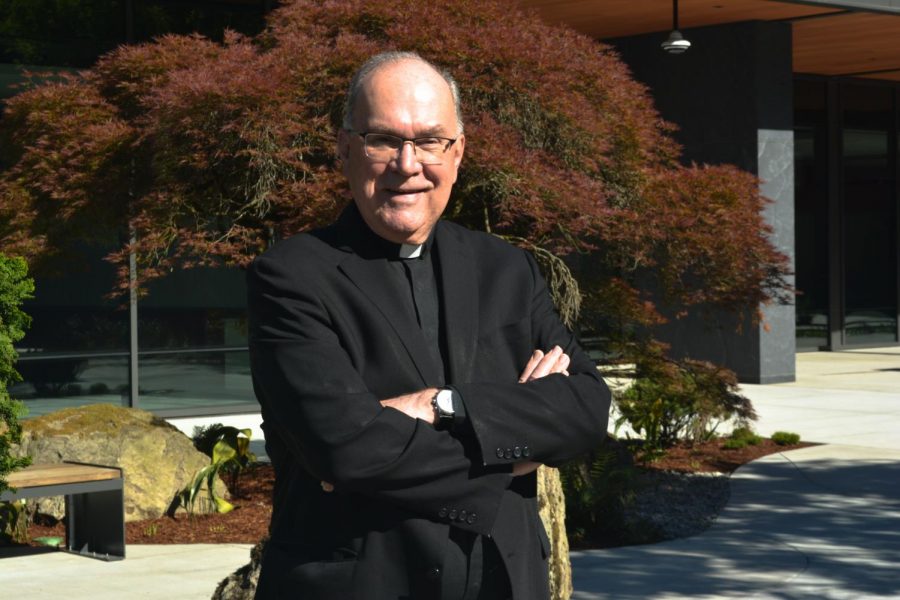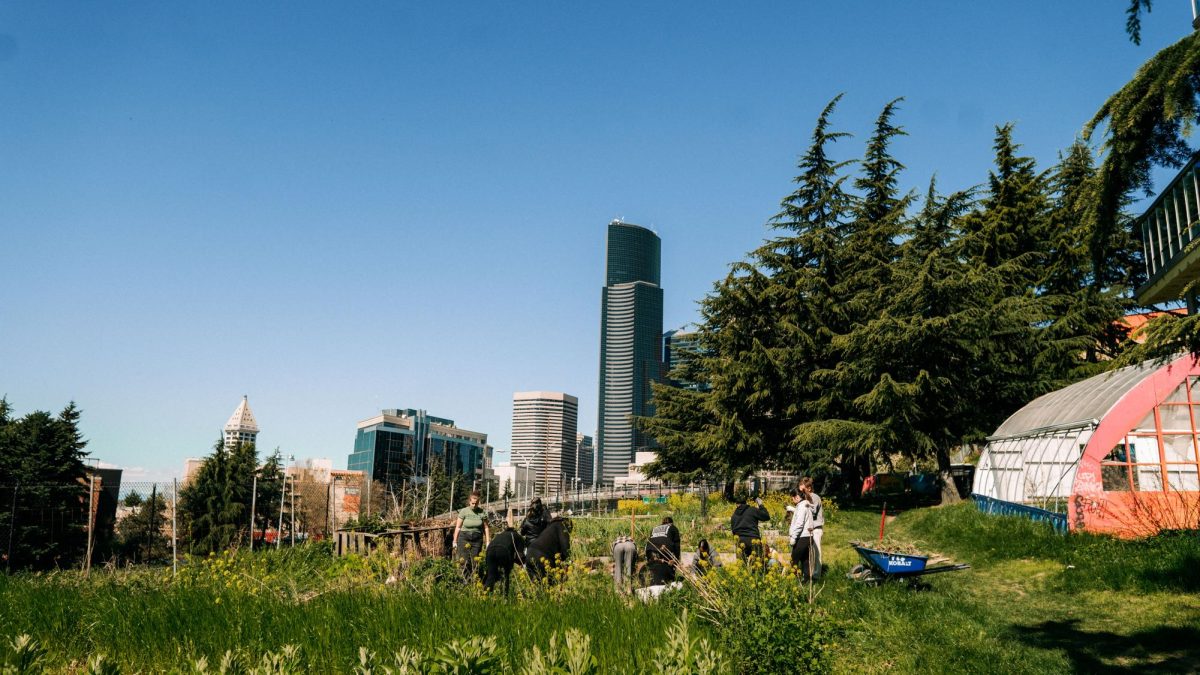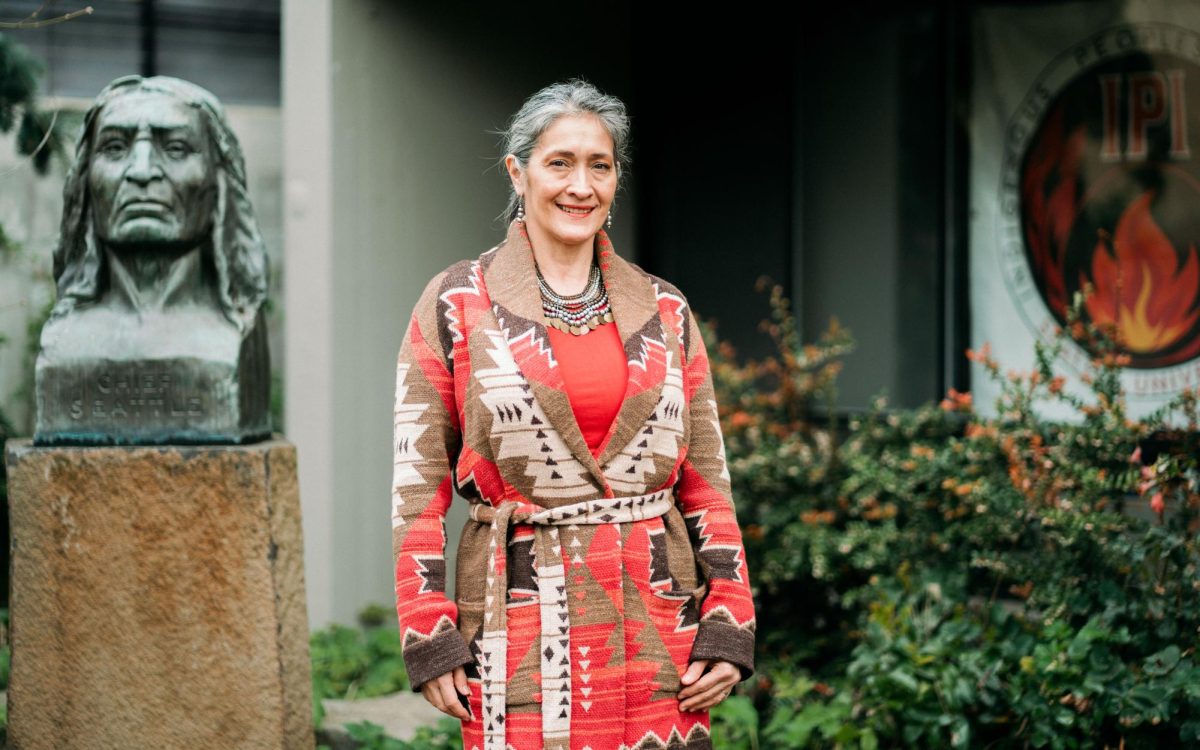Over a year after Russia’s initial attack on Ukraine in February 2022, the invasion is ongoing, with Ukraine having reclaimed significant territory.
Kateryna Ivashchenko-Stadnik, a social scientist and senior research fellow at the Institute of Sociology at the National Academy of Sciences of Ukraine, as well as a CARA fellow at the Institute of Advanced Studies at the University of Durham in the United Kingdom, spoke about how her life changed when the war began.
“My house was uninhabitable for a long time after a Russian missile hit it. Later, the house was almost entirely restored through the efforts of the residents and local authorities. However, many families with children, including mine, did not return home. Our family is separated by the war, with members scattered across different parts of Ukraine and abroad. Many of my acquaintances are fighting and volunteering. Many have lost loved ones,” Ivashchenko-Stadniksaid.
Viktoriia Synovyd is a second-year computer science major at Seattle University. Synovyd grew up in Kyiv, Ukraine, to which she returned last summer.
“The capital city is protected well, but it’s still pretty stressful just because in the middle of the day you’re walking somewhere downtown and then there’s the air raid sirens, and then you have to go and find shelter. You can’t take public transit, you have to wait an hour or two, and you don’t know what’s going to happen,” Synovyd said.
Synovyd spoke to the state of fear that has become the new normal for the people of Ukraine.
“There’s definitely this constant feeling of stress in general,” Synovyd said.
Synovyd also explained that her father joined the Ukrainian military in response to the invasion.
“Him going to the military with his friends, having a group of ten people, and the first time they go there, to the front line, they were supposed to be there for nine days, and after nine days, only three of them survived,” Synovyd said.
According to an estimation from the Kyiv School of Economics, the infrastructure damage to Ukraine has reached $150 billion. According to the United Nations High Commissioner for Refugees, over 6.2 million Ukrainians have left the country since the beginning of the full-scale invasion.
Ivashchenko-Stadnik explained that the number of internally displaced persons in Ukraine is estimated at 5 million.
Towards the start of the invasion, Russia gained significant territory in Eastern Ukraine, but a powerful Ukrainian counteroffensive in September 2022 pushed Russia back out of some of this territory. In June 2023, Ukraine announced a second counteroffensive, to reclaim more of their lost territory.
The current fighting is mostly in the East and South of Ukraine, with Ukraine making some progress but encountering heavy resistance.
Adjunct History Professor Aldis Purs has a special focus on the Soviet Union and Eastern European states. He noted that when Russia initially declared war against Ukraine, there was a notion that the ramifications would be swift.
“There is the sense that you don’t want to have an international system where the strong man can just force his solution, then you have to stand up to the strongman where he tries, and Ukraine seems to be one case of that,” said Purs.
Ivashchenko-Stadnik stressed the global significance of Russia’s invasion, and the need for more international support.
“Ukraine is currently a cornerstone of European and global security. Many countries are supporting Ukraine, and this support is substantial. However, it comes too late and is too little for Ukraine to secure victory in this war, which is neither local nor regional. It’s a war that tests the resilience of the democratic world order,” Ivashchenko-Stadnik said.
Ivashchenko-Stadnik stated that for Ukrainian victory to occur, there is a need for more decisive and unified support from the Western Democratic world.
As the invasion of Ukraine has continued, American support for Ukraine has become less popular and more partisan, and the issue in general has become less prominent in American discourse.
“When a war is not unfolding in your immediate vicinity and exists only on television screens, a sense of fatigue can set in,” said Ivashchenko-Stadnik.
Synovyd explained that many people don’t realize how many Ukrainian students are at Seattle U and how many Ukrainians are in Seattle.
“I think a lot of people here think that the problem is just kind of like, somewhere there, really far, but they don’t really understand that we’re just such an international community that there are already a lot of Ukrainian people in Seattle who are making a big impact,” Synovyd said.






